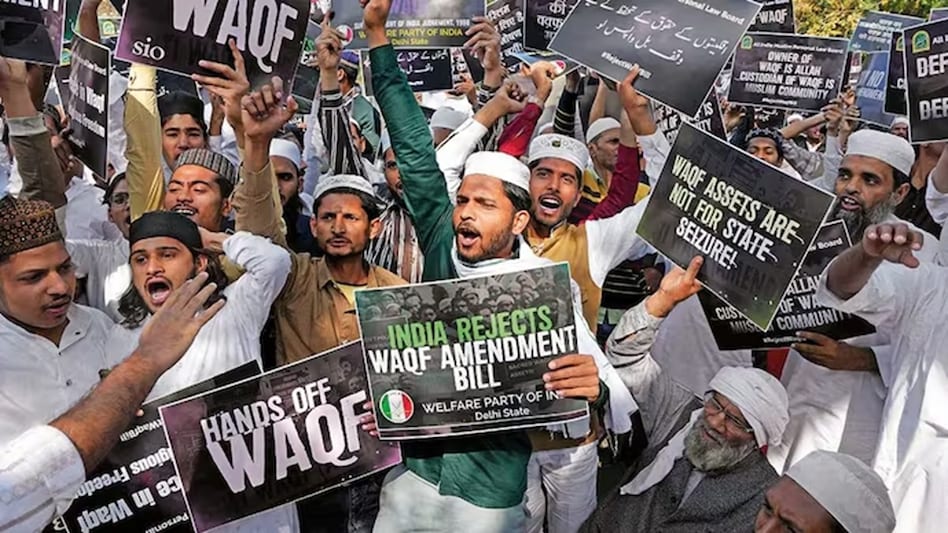 Waqf is not an essential part of Islam, said govt to Supreme Court
Waqf is not an essential part of Islam, said govt to Supreme Court
 Waqf is not an essential part of Islam, said govt to Supreme Court
Waqf is not an essential part of Islam, said govt to Supreme CourtThe Centre contended that waqf, traditionally an Islamic concept, is primarily a form of charity and not an intrinsic part of Islam. Mehta stated, "Waqf is an Islamic concept. But it is not an essential part of Islam. Waqf is nothing but just charity in Islam. Judgments show that charity is part of every religion and can happen for Christianity also. Hindus have a system of daan. Sikhs also have it."
The government, represented by Solicitor General Tushar Mehta, emphasised that waqf boards perform "secular functions," distinguishing them from purely religious temple administrations. This request comes amidst debates surrounding new amendments to the Waqf Act.
At the crux of the legal debate is the 'waqf-by-user' principle, which has been eliminated in the latest legislative amendments. This principle previously allowed properties used long-term for religious or charitable purposes to be considered waqf without formal documentation.
Solicitor General Mehta argued, "Waqf by user is not allowed prospectively with three exceptions - it should be registered, private property, and government property."
These legislative changes aim to address historical challenges that previous administrations have not resolved. As Mehta noted, the amendments "resolved problems" that have existed since 1923. This reform effort included substantial input from stakeholders, with 96 lakh representations and 36 sittings of the Joint Parliamentary Committee, reflecting extensive consultation.
The Supreme Court, while hearing the petitions challenging the Waqf law, acknowledged the 'presumption of constitutionality' in laws passed by Parliament, indicating that judicial intervention requires a strong case. Chief Justice BR Gavai remarked, "There is a presumption of constitutionality in favour of every statute. For interim relief, you have to make out a very strong and glaring case."
The government has also highlighted its legal authority to reclaim government properties declared as waqf under the disputed 'waqf-by-user' principle. Mehta asserted, "Nobody has the right over government land. There is a Supreme Court judgment which says the government can save the property if it belongs to the government and has been declared as waqf."
The Centre's stance is that these amendments will streamline waqf regulation, ensuring that properties are appropriately documented and managed. By focusing the court's attention on these issues, the government aims to bolster legal clarity and efficiency in the administration of waqf estates.
This case underscores the ongoing tension between religious practices and secular governance, highlighting the complex interplay of law, tradition, and modern administrative needs. The outcome could set significant precedents in the legal treatment of religious endowments in India.
The Centre also urged the Supreme Court to concentrate its hearing on three pivotal issues regarding waqf laws: the 'waqf-by-user' principle, the nomination of non-Muslims to waqf boards, and identifying government land under waqf.